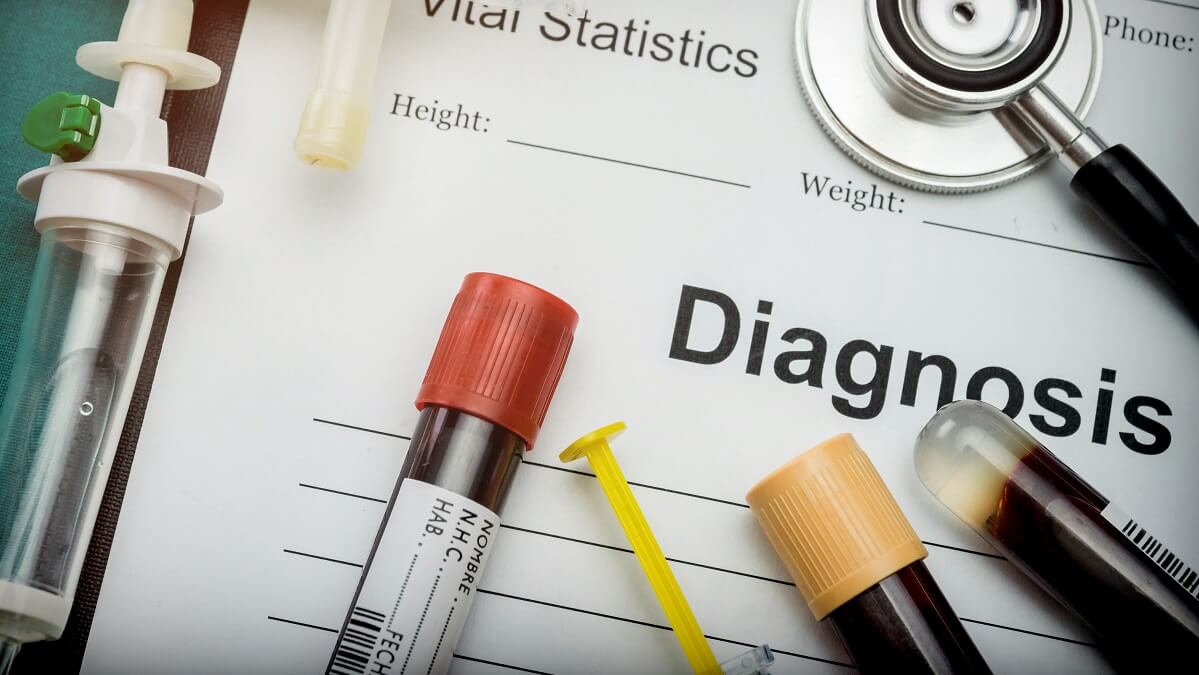A revolutionary new drug to treat leukaemia has achieved stunning results in clinical trials, with more than 30 per cent of participants going into remission.
Leukaemia is a blood cancer that affects the white blood cells and begins in the bone marrow. There are two main types of leukaemia – acute and chronic – with acute being the more aggressive and deadly type.
Acute leukaemia appears suddenly and grows quickly while chronic leukaemia appears gradually and develops slowly over months or years.
In Australia, the Cancer Council estimates around 5200 people were diagnosed with leukaemia in 2022 and the average age at diagnosis was 65.
Generally, the main method of treatment for acute leukaemia is chemotherapy, which while effective comes with a host of negative side-effects.
Now, a team of researchers from the Dana-Farber Cancer Institute in Boston, in conjunction with Syndax Pharmaceuticals, has released phase 1 trial findings for a new drug called revumenib – and the results appear to be stunning.
Of the 60 people being treated for acute leukaemia in the study, 18 (30 per cent) experienced complete remission.
Professor Scott Armstrong, co-author of the study, told Science Daily he hopes the positive result will lead to another avenue of treatment for acute leukaemia sufferers who aren’t getting positive results from other treatment methods.
“For patients with acute leukemia who have undergone several previous treatments, this is a very encouraging result,” he said.
Revumenib works by targeting a protein in cancer cells called menin. Menin is a critical part of the cell’s mechanism for switching gene activity on and off.
Menin binds to chromatin – a package of DNA and proteins within the cell nucleus – and summons large protein groups to join it. One of the groups summoned is known as MLL1.
It’s the interaction between menin and MLL1 that’s at the centre of leukaemia development and by stopping the interaction, leukaemia growth is inhibited.
While the results are promising, it is still only phase 1 of testing. Dr Richard Stone, another co-author, says the next stage of testing will involve examining how revumenib interacts with chemotherapy drugs.
“We are now ready to magnify the impact of these results by conducting clinical trials combining revumenib with standard chemotherapy as well as with novel agents,” he said.
Do you think this drug could help you or a loved one? Will it be as effective as chemotherapy in the long run? Let us know what you think in the comments section below.
Also read: Parkinson’s danger in common cleaning products

